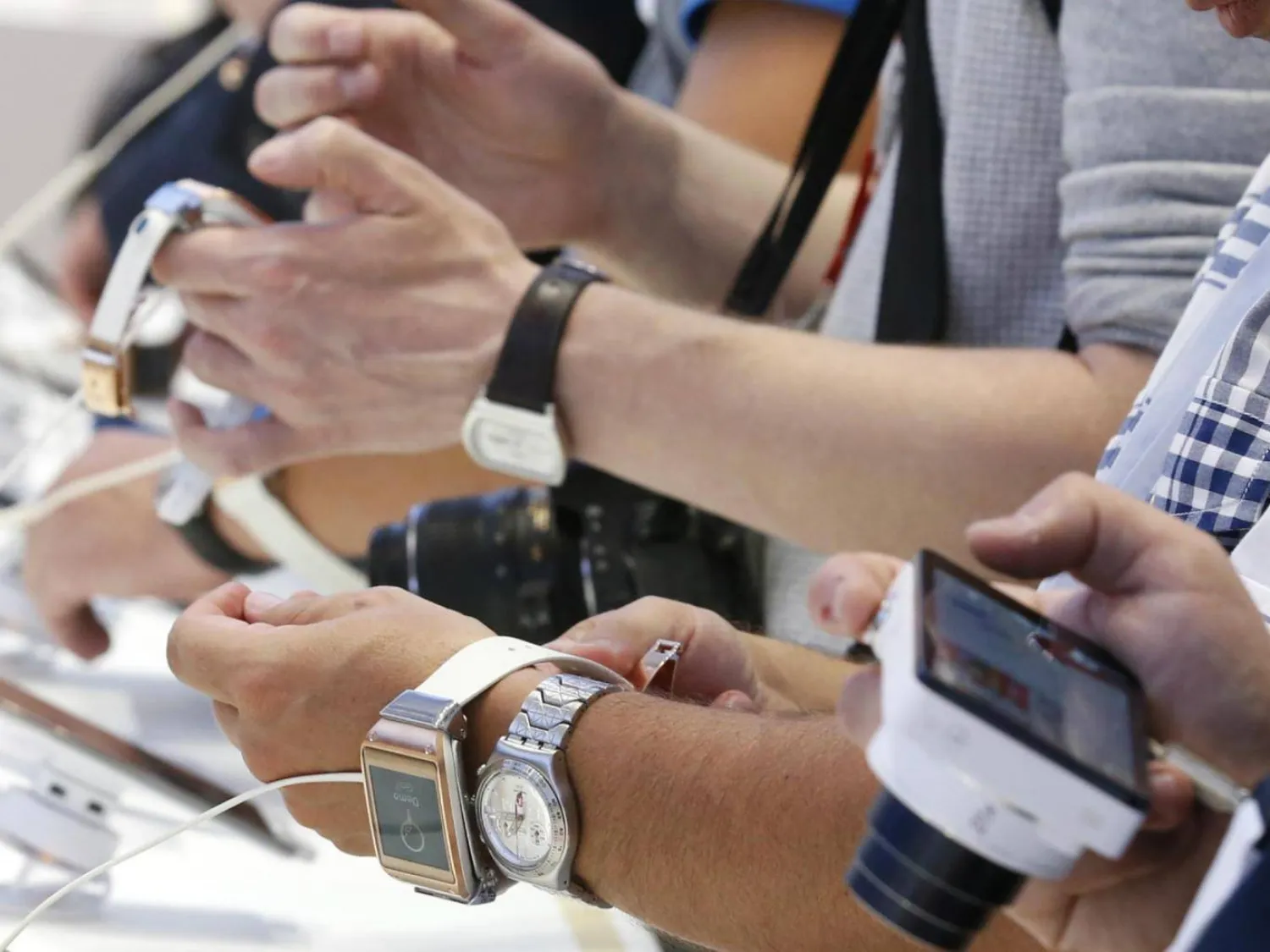UK’s Information Commissioner's’ Office (ICO) has warned parents that cameras and microphones connected to smart toys could be hacked and thus expose children to serious dangers.
ICO has urged parents to turn off cameras and microphones settings in those games, because they could reveal children’s locations or allow hackers to communicate with them, according to “The i” newspaper.
Some toys and devices with internet connections and Bluetooth support are vulnerable to interception by hackers, deputy commissioner Steve Wood has warned.
“You wouldn’t knowingly give a child a dangerous toy, so why risk buying them something that could be easily hacked into by strangers?” he said.
The writer advised parents to change any supplied default passwords and codes, which are easily stored in databases and accessed by hackers, and to disable the ability to view footage on any in-built web cameras remotely.
Wood noted: “One of the main selling points of children’s smart watches is the ability for parents to know where their children are at all times. However, if this isn’t done securely, then hackers might have access to this data as well. Immediately get rid of default location tracking and GPS settings and set strong, unique passwords,” he added.
The advice follows a recent report by consumer group “Which?” into smart toys with weak security. The report identified security issues with Furby Connect, Toy-fi Teddy, and CloudPets cuddly toys, which could allow adults to take control of the toy remotely and communicate with a child. These toys feature unsecured Bluetooth connections, meaning the security testers were not required to supply a password.
Wood added: “If you aren’t convinced a smart toy or connected/wearable device will keep your children or your personal information safe, then don’t buy it. If consumers reject products that won’t protect them, then developers and retailers should soon get the message.”









